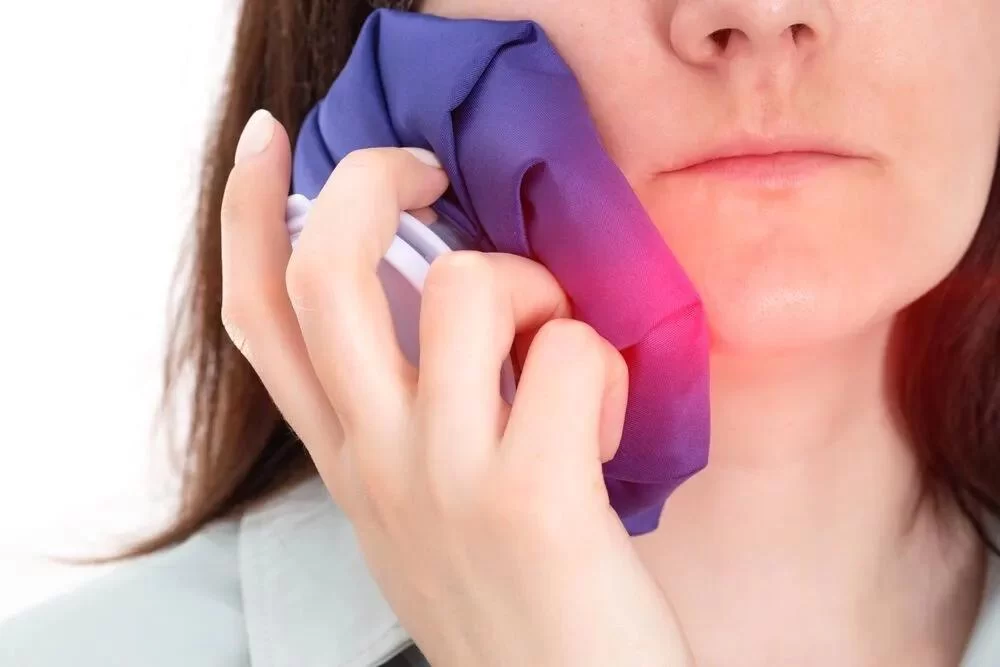
What to Do for a Toothache at Home: Effective and Simple Remedies
- Common Causes of Toothaches
- Home Remedies for Toothache Relief
- When to See a Dentist
- Real-Life Stories of Toothache Relief
Common Causes of Toothaches
Toothaches can strike at any time, and the discomfort they cause can range from mild annoyance to excruciating pain. Understanding what causes a toothache is the first step in addressing it. Here are some of the most common reasons why you might experience tooth pain:
- Cavities: One of the most common causes of a toothache is a cavity, which is a hole that forms in your tooth due to tooth decay.
- Gum Disease: Gum inflammation or infection can lead to tooth pain, especially when accompanied by swelling or bleeding gums.
- Tooth Sensitivity: Exposed tooth roots, worn enamel, or cracked teeth can make your teeth sensitive to hot, cold, or sweet foods and drinks.
- Abscessed Teeth: An infection at the root of a tooth can cause significant pain and even fever if left untreated.
- Injury or Trauma: A recent knock to the face or jaw could result in a toothache due to damage or displacement of the tooth.
Home Remedies for Toothache Relief
If you’re dealing with a toothache and can’t get to a dentist immediately, there are several home remedies that may help alleviate the pain. While these remedies are not a substitute for professional dental care, they can offer temporary relief:
- Salt Water Rinse: Dissolving a teaspoon of salt in a cup of warm water and swishing it around your mouth can help clean the affected area and reduce inflammation. Saltwater can also kill bacteria that might be contributing to the pain.
- Cold Compress: Applying a cold compress to the outside of your cheek near the painful tooth can reduce swelling and numb the pain. Be sure to apply the compress for 15-20 minutes at a time to avoid frostbite.
- Clove Oil: Clove oil contains eugenol, a natural anesthetic that can numb the pain. Apply a small amount of clove oil directly to the affected tooth or use a cotton ball soaked in the oil for temporary relief.
- Hydrogen Peroxide Rinse: A diluted hydrogen peroxide rinse (1 part hydrogen peroxide to 2 parts water) can help reduce pain and inflammation while also fighting infection. Be cautious to avoid swallowing it and rinse with water afterward.
- Garlic: Garlic has natural antibacterial properties and can help ease toothache pain. Crushing a garlic clove and applying it to the affected area may provide relief from the pain.
- Peppermint Tea Bags: Peppermint has a soothing, numbing effect. After brewing a peppermint tea bag, let it cool, and place it on the affected tooth for temporary relief.
- Over-the-Counter Pain Relievers: Pain relievers like ibuprofen or acetaminophen can help reduce inflammation and provide temporary relief from toothache pain.
When to See a Dentist
While home remedies can help manage a toothache temporarily, it’s essential to know when to seek professional dental care. You should see a dentist if:
- The pain lasts more than a couple of days or worsens over time.
- You experience fever, swelling in your face or jaw, or difficulty swallowing.
- You notice a visible abscess or pimple near the painful tooth.
- You have severe pain that cannot be relieved with over-the-counter medications.
- The pain is triggered by temperature changes, and you have difficulty eating or drinking.
In these cases, a dentist will be able to diagnose the cause of your toothache and recommend appropriate treatment, such as a filling, root canal, or gum treatment.
Real-Life Stories of Toothache Relief
Many people have successfully used home remedies to relieve toothache pain until they could get professional care. For example, Emily, a mother of two, shared her experience with clove oil. “I had a severe toothache one evening, and I couldn’t get an appointment until the next day. I applied a bit of clove oil to the area, and the pain dulled enough for me to get some sleep that night,” she recalls.
Similarly, Mark, a truck driver, turned to a saltwater rinse when he was on the road and couldn’t visit his dentist immediately. “I was in pain for hours, but after using the salt water rinse, the swelling went down, and I was able to drive without distraction,” he explains.
If you're experiencing a toothache, don't let it ruin your day. Try these home remedies to alleviate the pain, and make sure to see a dentist if the pain persists. For more information on toothache relief and maintaining healthy teeth, visit Dentistry Toothtruth.







 Middleton Family Dental4.0 (798 review)
Middleton Family Dental4.0 (798 review) Northpark Dental4.0 (99 review)
Northpark Dental4.0 (99 review) Dentists of South Pasadena4.0 (124 review)
Dentists of South Pasadena4.0 (124 review) Drs. Trava, Oh, Petix, Shon & Yang4.0 (21 review)
Drs. Trava, Oh, Petix, Shon & Yang4.0 (21 review) Eastern Dental3.0 (336 review)
Eastern Dental3.0 (336 review) Pediatric Dentistry Marlboro: Young Yi, DMD0.0 (0 review)
Pediatric Dentistry Marlboro: Young Yi, DMD0.0 (0 review) The Importance of Oral Health Education During Pregnancy for a Healthy Pregnancy
The Importance of Oral Health Education During Pregnancy for a Healthy Pregnancy Best Tips for Brushing Your Teeth Properly for Healthy Gums: Essential Techniques for Oral Health
Best Tips for Brushing Your Teeth Properly for Healthy Gums: Essential Techniques for Oral Health Why Skipping Dental Checkups Can Lead to Bigger Oral Health Problems
Why Skipping Dental Checkups Can Lead to Bigger Oral Health Problems Advantages of Porcelain Dental Restorations
Advantages of Porcelain Dental Restorations How Can Diabetes Cause Tooth and Gum Problems? Preventing and Managing Oral Health Issues
How Can Diabetes Cause Tooth and Gum Problems? Preventing and Managing Oral Health Issues Healthy Habits for Promoting Good Oral Health and Hygiene: Tips for a Healthy Smile
Healthy Habits for Promoting Good Oral Health and Hygiene: Tips for a Healthy Smile